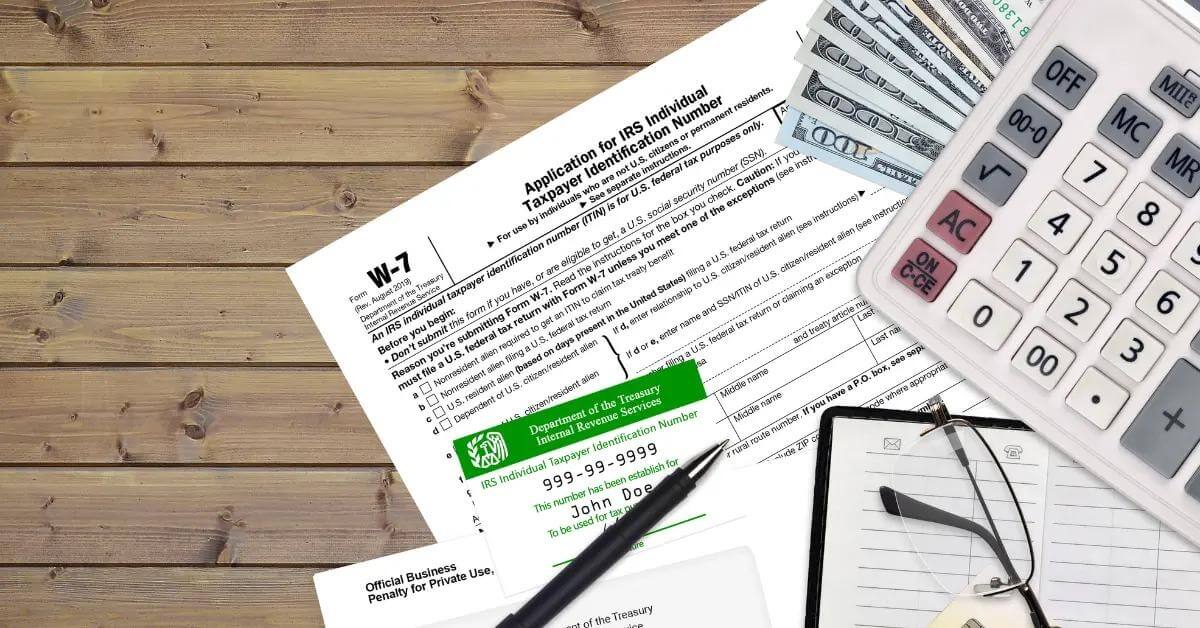Keeping a Handle on Taxes During Retirement
You’ve finally hit your retirement years. It feels good to kick back, relax, and not have to worry about paying taxes anymore. But wait! You still have to pay taxes!
Even though you are in retirement and are not earning an “income” you are still responsible for paying both state taxes and federal tax.
What Taxes Am I Responsible For?
Taxes in retirement are centered around what kind of income you receive. There are several main sources of income that retirees earn: social security income, IRA and 401(k) withdrawals, pensions, annuity distributions, investment income, and income from the sale of property.
Retiree Tax on Social Security Income
For retirees who have no other source of income but social security benefits, tax rates are simple. If you only rely on social security income you are not responsible for paying any other taxes.
However, many retirees receive more than just social security income. If someone earns another source of income during retirement they are responsible for paying taxes on a portion of their social security earnings.
The percentage of social security that can be taxed depends on the level of other income. Typically this percentage ranges from 0 to 85 percent. This does not mean that 85% is your tax rate, however.
Tax rates will vary by income level. The percentage simply represents the portion of social security that can be taxed.
Taxation of 401(k) and IRA Withdrawals
If you have a traditional IRA savings account, you will be responsible for paying taxes on your withdrawals. Traditional IRAs work on a tax-deferred system, so you will not pay taxes on the deposits while you are saving.
Other types of retirement accounts such as 401(k) plans, 403 (b) plans, and 457 plans are also taxed on withdrawals. Again, these plans will be tax free while making deposits to the plan.
If you have a Roth IRA, however, your deposits are taxed at the time payments to the account are made. In other words, you will not pay taxes on withdrawals from the Roth IRA.
Pension Income Taxes
Calculating the taxes you need to pay on pensions is very easy.
If the pension was made before taxes, then it will be taxed once it is withdrawn. Typically, employers use pre-tax income to generate pensions for employees.
Annuity Distribution Taxes
Annuities typically fall into one of two categories. They may be immediate annuities or they may be fixed or variable annuities.
Depending on the type of annuity you have, your tax liability will differ.
Immediate Annuities
Immediate annuities are considered to be returns on a principal paid. Because of this, a portion of each annuity is classified as interest. You will be taxed on the interest portion of the annuity, but not on the rest of the annuity.
The company issuing your annuity may change the exclusion ratio of your annuity on a year to year basis.
Variable or Fixed Annuities
Variable or fixed annuities are taxed only on what is earned on the account. So, if your account is worth more now than what you originally paid for it, you will be taxed on the additional earnings.
Once you have withdrawn all additional earnings you will no longer be responsible for paying taxes on your annuity.
Investment Income
Investments are taxed just like any other type of taxable income. Institutions with which you invest should send you 1099s so that you can report taxes on the earnings from these investments.
When the earnings from the sale of investments are low, you will not be required to pay taxes. Often when a shareholder sells shares of an investment frequently there are many fluctuating gains and losses. The overall earnings can amount to a small number leaving no income tax requirements.
Selling Your House for Income
Selling your house can be a huge source of income in retirement.
The good news is, in most cases the amount earned from selling a house will be small enough that you will not have to pay taxes. Sometimes, however, you may have to pay tax.
Typically you will need to pay taxes if your income from the sale of the house exceeds $250,000 (or $500,000 if you are married).
If you’ve lived in a home for more than two years before selling, you will likely not have to pay taxes.
How Do I Know How Much Tax to Pay?
Calculating your income tax rate can be done in a simple process. Follow these steps to effectively calculate your tax rate during retirement.
- First, total up your annual income and identify your income tax bracket.
- Next, total up your total number of deductions.
- Now map out each source of income and how much income is generated by each source.
- Once this is complete, calculate what percentage of each of those income sources is taxable.
- Subtract the total taxable amount of income by the deductions and exemptions you plan to claim.
This sounds very complicated when you’re trying to wrap your head around it, but it is really quite simple.
How Do I Manage My Taxes in Retirement?
Managing taxes in retirement takes a little bit of work. To make sure you do not fall behind on tax payments, you will need to be proactive.
Speaking with a tax preparer can help you to ensure that you don’t miss any deductions or tax breaks.
Reading up on retirement taxes on the IRS can also help you stay on top of new tax laws in 2019. Being aware of changing laws will help you make the most out of your tax return.
Lastly, another way to manage taxes during retirement is to make quarterly tax payments to stay ahead of the game. Paying off your taxes early can help you be prepared when tax season rolls around.
Whatever your strategy, don’t panic. Retirement taxes take some figuring out, but once you’ve got it they are easy to file.








